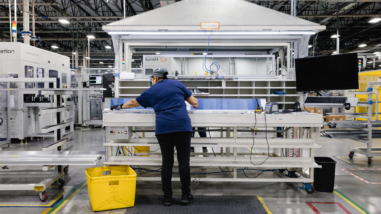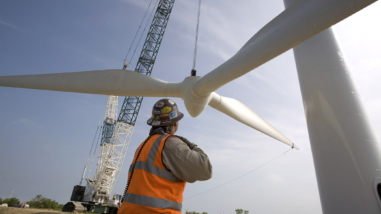International Sustainable Systems Research Center
For The International Air Quality Management Improvement Project
-
Amount$68,000
-
Program
-
Date Awarded7/13/2010
-
Term12 Months
-
Type of SupportProject
Strategies
About the Grantee
Grantee Website
www.issrc.org



